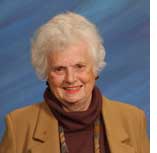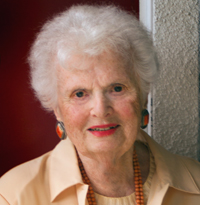Time to reassess our lives during pandemic
How can I write about anything without mentioning the coronavirus? On one hand, a different topic would be a good diversion from the incessant onslaught of bad news; on the other hand, how can I not say something about how to manage and cope and how it is affecting all of us?! [Natasha Josefowitz, Ph.D, ACSW]
Time to reassess our lives during pandemic Read More »
Lifestyles, Natasha Josefowitz
